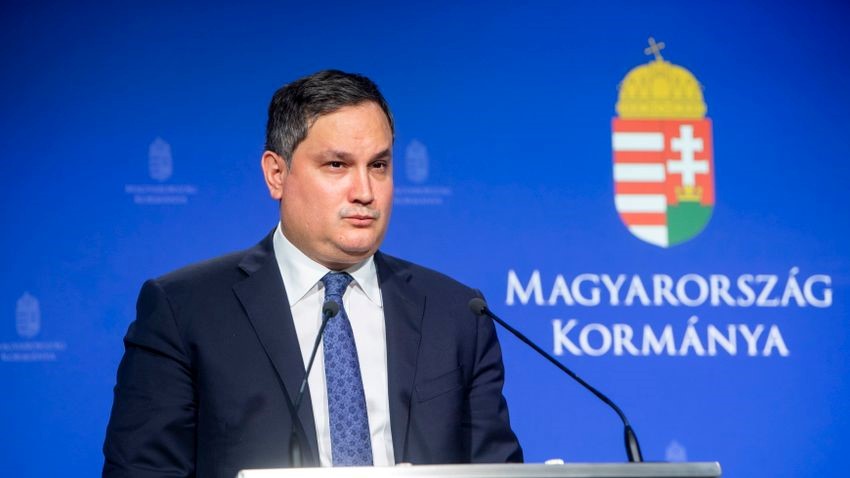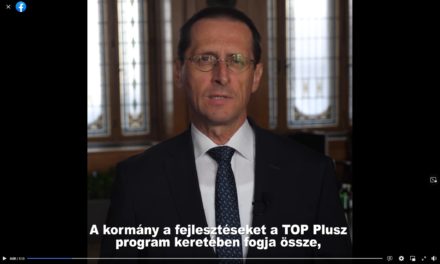The development of inflation this month was significantly influenced by the development of utility costs - this was stated by Minister of Economic Development Márton Nagy to the ATV News, adding that the electricity and gas bills of 75 percent of the population did not increase.
The increase in energy prices is the result of the failed sanctions policy, Minister of Economic Development Márton Nagy told ATV News.
According to the head of the ministry, it will start to decrease at the beginning of next year, but inflation may remain above ten percent next year as well.
In the construction industry, three to four percent growth is expected in the third quarter, and more modest growth in the fourth quarter, said the minister, according to whom a 4.5 percent growth is expected on an annual basis.
According to the minister, the Western European economy, especially the German economy, will fall into recession, however
the Hungarian economy is not falling into recession, but is expecting a modest but above zero percent growth from next year.
Márton Nagy expects the Hungarian economy to maintain its growth advantage of two to three percent over the EU average.
No one should think that we will not slow down if Germany slows down, it is important to maintain the aforementioned growth surplus, the minister emphasized.
The housing market will collapse next year, said the Minister of Economic Development.
As for employment, according to Márton Nagy, the energy crisis incites fear in the economy. The minister sees this fear as legitimate, but exaggerated. Many industries have labor shortages, so employers will think twice about sending someone away.
The government is ready to launch a new labor protection action plan if it sees this process starting, but for now they are sensing fear, not rising unemployment.
Protecting jobs is a central element of the government's policy, Minister of Economic Development Márton Nagy confirmed to ATV News.
Source and image: Hungarian Nation
Video source: ATV













